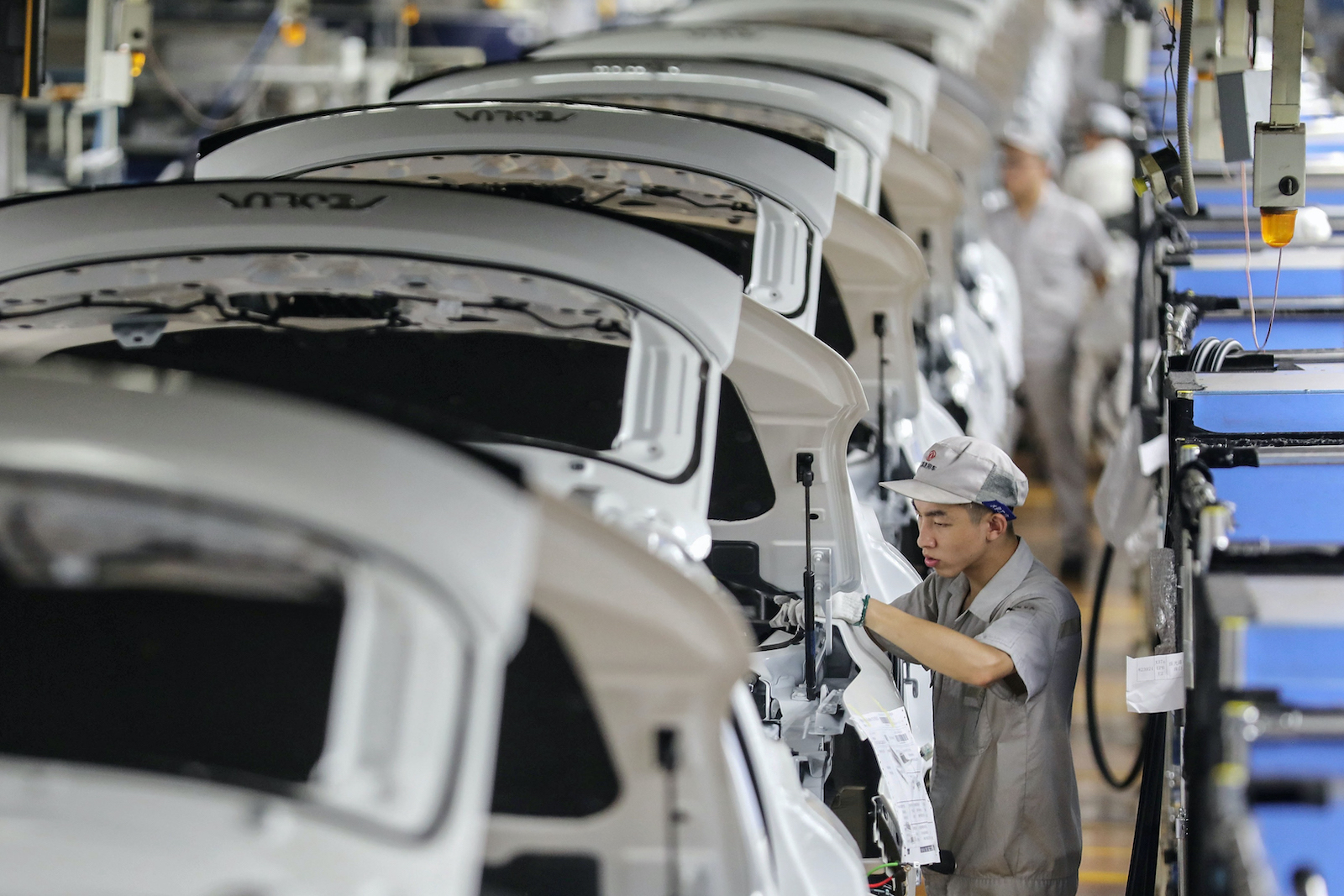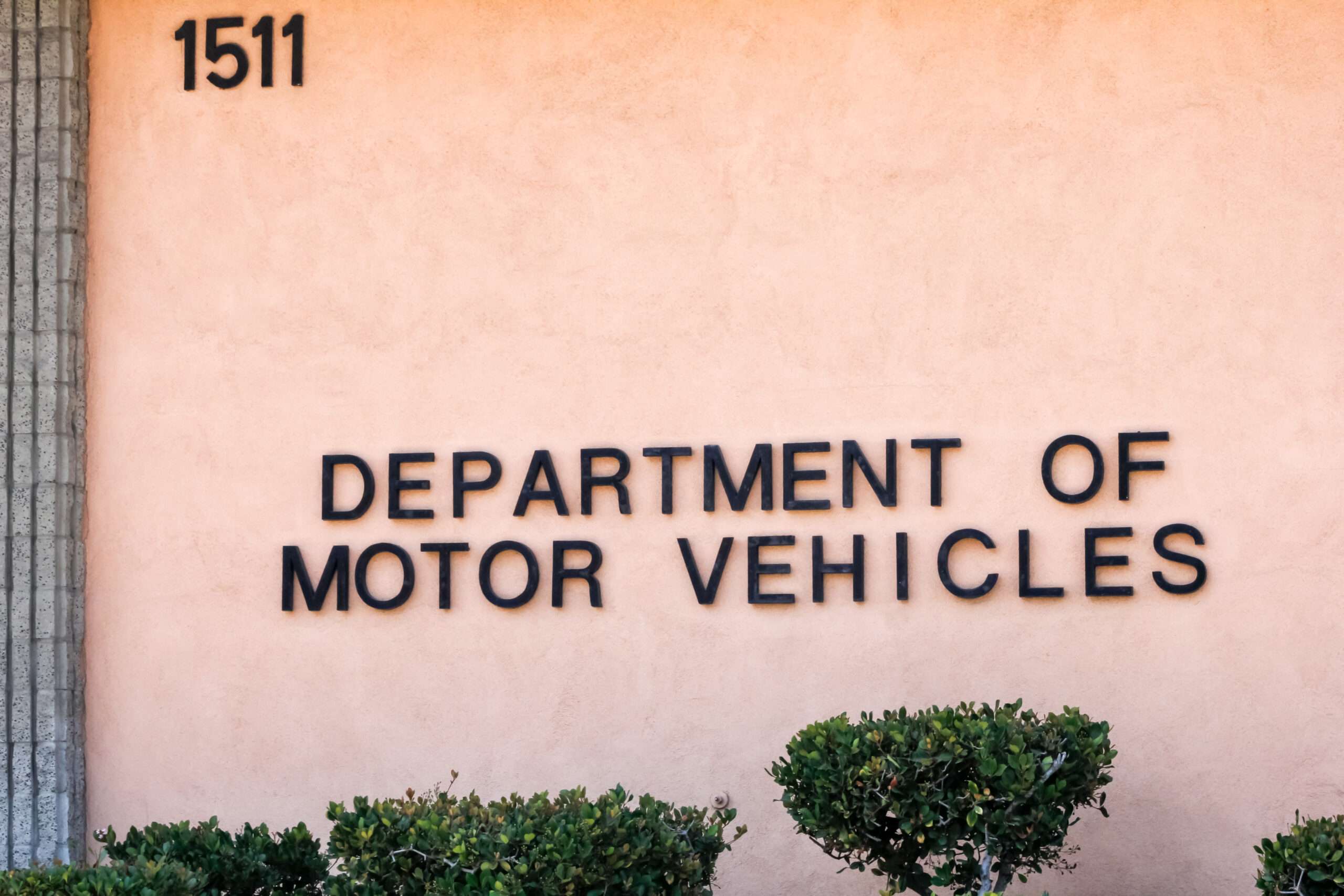
Commentary
Chinese self-driving vehicles, also known as “robocars,” have covered 1.8 million miles in California since 2017 and are currently authorized for testing in Texas and Arizona, as per recent research published by Fortune Magazine.
These vehicles are equipped with various sensors such as cameras, microphones, GPS, LIDAR lasers, RADAR, and AI sensors to navigate and capture data on road conditions and terrains for self-driving purposes like robot axis. However, the concern arises regarding the undisclosed sensors, their data collection, and accessibility. Additionally, the potential dual-use of emerging technologies for military and intelligence objectives raises further alarms.
The data collected is likely transmitted to China, infringing on the privacy rights of Americans. This could grant the Chinese Communist Party (CCP) unrestricted access to the data, including sensitive information like wifi passwords, facial recognition, and license-plate tracking of dissidents who have escaped China. The ability of robocars to venture into various locations for espionage and data theft, including near U.S. military bases and companies with proprietary information, intensifies the espionage risks.
Chinese individuals working in the U.S. robocar industry, including former employees of Apple, have been accused of stealing proprietary self-driving data. Despite convictions, the lenient sentencing does little to deter thieves from pilfering valuable data, ultimately enabling Chinese companies to surpass U.S. counterparts by leveraging American technologies and data. Chinese electric car firms have rapidly advanced self-driving technologies initially developed in Silicon Valley, transferring them back to China for extensive development.
Reciprocity poses another significant challenge. While Chinese robocar companies receive detailed road data, high-resolution maps, and testing access in the U.S., American car manufacturers are not granted similar privileges in China. This asymmetry grants Chinese companies a competitive advantage, hindering U.S. self-driving cars’ entry into the Chinese market.
Tesla is a notable exception, facing discrimination due to the lack of direct access to essential data for development outside China. Consequently, Chinese firms like Baidu’s self-driving division hold a substantial lead of three-to-five years over Tesla in China, a pivotal market for self-driving cars.
China already surpasses the U.S. in the number of robocar tests conducted, with estimates suggesting that by 2030, 20% of new car sales in China will be driverless, while 70% will utilize advanced assisted driving technology. This leaves only 10% of new cars in China by 2030 exclusively human-driven.
The U.S. government’s response to mitigate risks associated with Chinese engineers and robocar companies operating in the country has been inadequate. Four members of the U.S. House of Representatives, including Reps. Tim Walberg, Debbie Dingell, Bob Latta, and Marc Veasy, have raised concerns about the risks posed by Chinese robocars and urged the Department of Transportation and Department of Commerce to address these issues.
Despite growing awareness, the U.S. government has not taken substantial action to safeguard American interests. While regulations on networked cars transmitting data to China may be implemented soon, the delayed response leaves vulnerabilities that could be exploited by the CCP for strategic advantage.
Views expressed in this article are opinions of the author and do not necessarily reflect the views of The Epoch Times.





